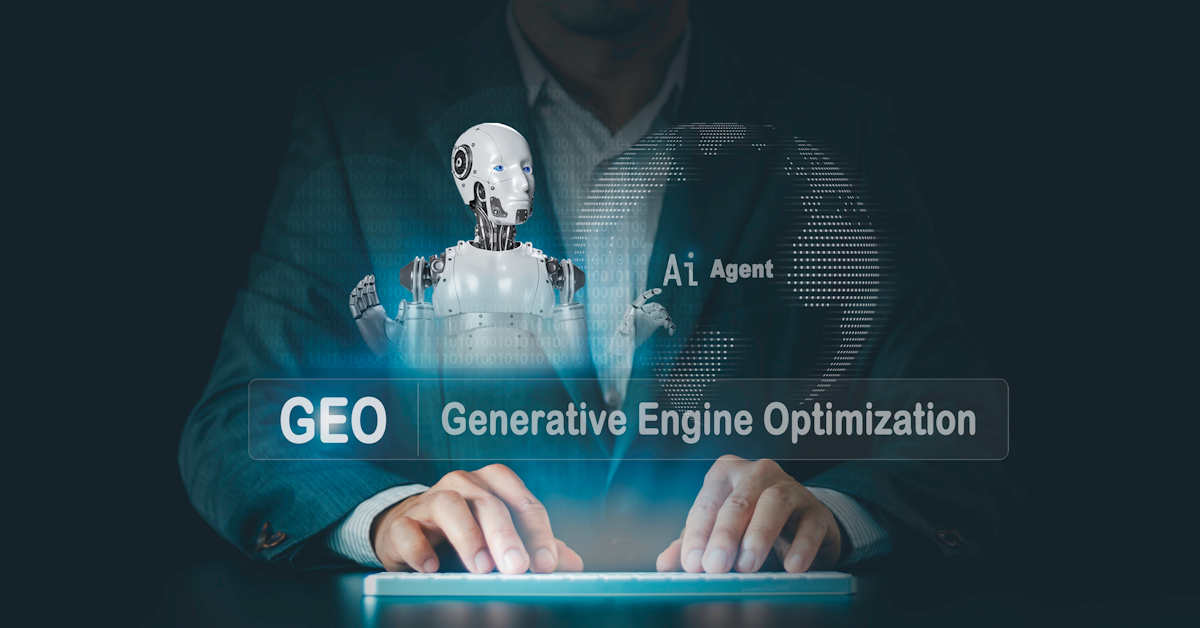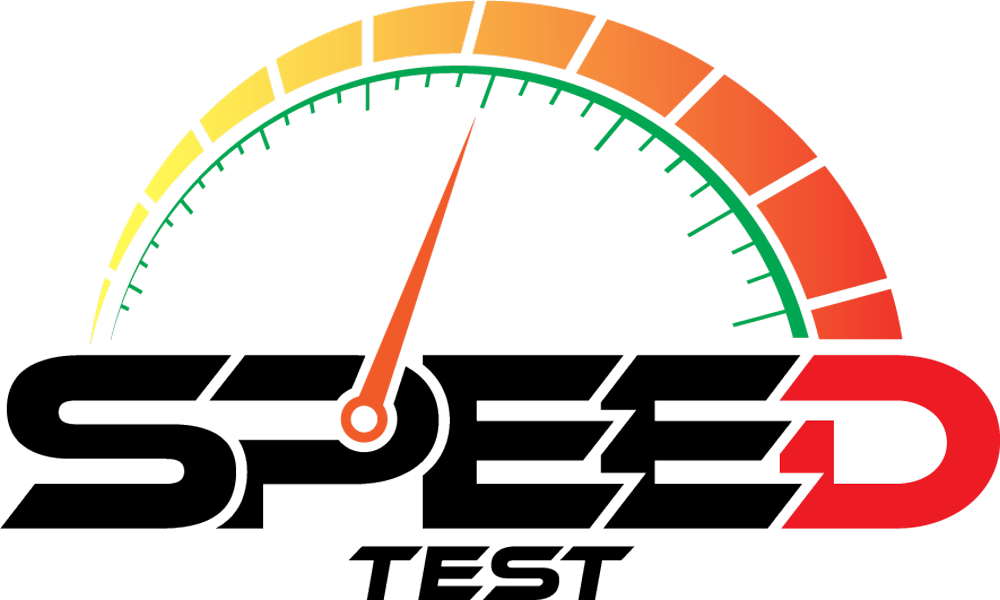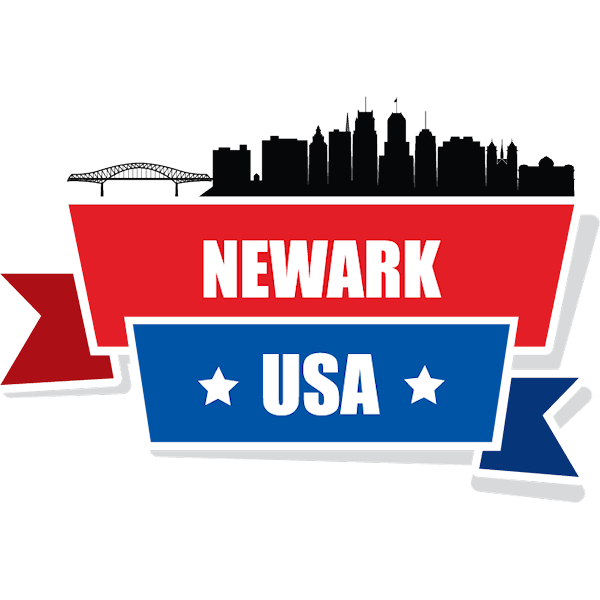The way people search for information online is changing faster than ever. Traditional search engines are struggling to keep up with the rise of AI-powered tools that deliver instant, conversational answers and business owners can no longer afford to ignore this shift.
We explore the seismic shift from keyword-based searches to AI-driven experiences, revealing why adapting your digital strategy is no longer optional. Discover the urgent challenges and real-world opportunities facing companies in this new era, and learn what steps you can take to ensure your business remains visible, relevant, and competitive in an AI-first world.
The Digital Landscape Has Changed Forever
The way people search for information online has undergone a fundamental shift. We’re witnessing the most significant transformation in digital marketing since the birth of the internet. Traditional Google searches are rapidly being replaced by AI-powered search experiences, and businesses that don’t adapt now risk becoming invisible to their customers.
Let’s put it in perspective. Just a year ago, someone searching “best home theater installation” would likely see your website at the top of Google’s results. Today, an AI search tool might answer the question in full, listing your competitor, without the user ever seeing your site. That’s how fast things are changing.
This isn’t about minor tweaks to your marketing plan; it’s about rethinking how you connect with customers from the ground up. The digital landscape is evolving at a rapid pace, and those who fail to keep up risk being left behind.

The Numbers Don’t Lie: The Crisis Is Real
The impact of AI search on website traffic is staggering. Some businesses have seen their web visits drop by up to 70% since AI search tools became mainstream. That’s not a typo; seventy percent! Research shows that Google’s AI Overviews alone can cause a 15–64% drop in organic traffic, depending on your industry. Even more shocking, 60% of all searches now end without a single click to any website.
Let’s break it down:
- Zero-click searches have exploded: About 50% of searches in 2019 ended without a click. In 2024, that number reached over 65%. Projections say it’ll hit 70% by the end of 2025. That means nearly three out of four potential customers never even visit your site, no matter how well you rank.
- AI Overviews are everywhere: Google’s AI Overviews now appear in 13.14% of all searches, more than doubling from just 6.49% in January 2025. That’s a massive shift in just a few months.
Picture this: You invest time and money into ranking #1 on Google, but now most users get their answers directly from an AI tool and never click through to your site. The rules have all changed and gotten even more complex.
AI Search Is Taking Over at Lightning Speed
AI search isn’t just a side feature anymore—it’s the main event. Platforms like ChatGPT lead the charge with a 79.8% share of the AI search market. Perplexity, another AI search tool, is seeing queries grow 25–30% every month. Nearly half of all Americans have already used AI-powered search tools.
Meanwhile, traditional search engines are losing their grip. For the first time in over a decade, Google’s market share has dropped below 90%. The decline is a steady 1–2% loss every year. This isn’t just a blip; it’s a trend that’s accelerating.
- AI search platforms are growing fast: New tools are appearing every day, and users are flocking to them for instant, conversational answers.
- Traditional search is shrinking: As people get used to AI-driven results, they’re less likely to use old-school search engines.
If you’re still relying on the same SEO strategies from five years ago, it’s time for a wake-up call.

From Keywords to Conversations: The Fundamental Shift
Remember when SEO was all about stuffing your website with the right keywords? Those days are over. Users now ask full questions and expect detailed, context-rich answers. AI search tools deliver exactly that, often without users ever leaving the search page.
Here’s what’s changed:
- Searches are longer and more specific: Instead of “home theater installation,” people now ask, “What defines a home theater and how does it all work. Where can I find a good company nearby with reasonable prices?”
- AI tools understand intent: They don’t just match keywords; they interpret what the user wants and deliver a complete answer.
- Fewer website visits: If the AI can answer the question, there’s no need for users to visit your site.
For businesses, you must optimize your content not just for keywords, but for the specific questions your customers are asking. If your content isn’t showing up in AI-generated answers, you’re invisible.
The Urgency to Adapt: Why Every Day Counts
Smart businesses aren’t waiting around. 84% of marketers now believe in using AI for SEO, and 86% of SEO professionals already use AI tools as part of their strategies. Companies that have embraced AI-optimized strategies are seeing remarkable results:
- Up to 70% increases in organic traffic for websites using AI for SEO.
- 14.6% conversion rates with AI-powered SEO, compared to just 1.7% with traditional methods.
- 75% of businesses use AI to save time on keyword research and content optimization.
If you’re not moving fast, your competitors are. AI browsers are launching now, and early adopters are already grabbing market share. For younger customers who expect instant, accurate answers, AI search is quickly becoming the default.
Every day you delay is another day your competitors get ahead. The window to adapt is closing, and the businesses that thrive in 2025 and beyond will be those that act now.

The Solution: AI/SEO Optimization Plans
At Rize Marketing, we’ve developed comprehensive AI/SEO plans that focus on the platforms dominating the future of search: Google Gemini, ChatGPT, Perplexity, Claude, and Microsoft Copilot. These aren’t just traditional SEO services; they’re complete digital transformation strategies designed for the AI-first world.
Our approach includes optimizing your content for conversational queries, ensuring your business appears in AI-generated responses, and positioning your brand for voice and visual search; all critical components of modern search behavior.
The Bottom Line: Don’t Wait; Act Now!
The AI revolution in search isn’t coming; it’s already here. Every day you delay is another day your competitors gain ground. The question isn’t whether you’ll adapt, but whether you’ll do it before your competitors can.
If you want your business to stay visible, relevant, and competitive, now is the time to act. Don’t let your competition dominate the future of search while you’re still playing by yesterday’s rules. The future belongs to those who move fast, embrace change, and put AI at the heart of their digital strategy.
Ready to get started? Take action today. Audit your digital presence, update your content, and invest in AI-powered SEO. The sooner you adapt, the better your chances of thriving in this new era of search.
Frequently Asked Questions
How will AI search affect my business traffic and website visibility?
The Reality: Traffic patterns are shifting dramatically, but it’s not all doom and gloom.
AI search is already impacting business traffic in measurable ways. Research shows that AI Overviews can cause a 15-64% decline in organic traffic, with some businesses experiencing drops of up to 70% since AI search tools became mainstream. 65% of all searches now end without a single click to any website.
However, the impact varies significantly by business type and search intent:
Informational queries (such as “how to” or “what is”) are most affected, with AI Overview appearance rates around 58%. Commercial and navigational searches remain largely unaffected, with AI Overview appearance rates of only 17.2% and 10.5% respectively.
For local businesses, the news is mixed. While AI search can reduce visibility in traditional local packs, businesses that optimize correctly may see higher-quality traffic as AI Overview filters out casual browsers and directs more serious buyers to websites.
The opportunity: Rather than viewing this as purely negative, smart businesses are seeing increased brand impressions and stronger rankings when they appear in AI-generated responses. The key is positioning your business as the authoritative source that AI systems cite.
E.E.A.T: Now more than ever, the very same attributes that Google used to rank websites in search results are now being used by AI. However, with SEO, Google was the main player; this is now changing rapidly with various AI platforms using Bing or even building their own databases. Expertise, Experience, Authority, and Trustworthiness are now even more important. With estimations that AI will only use the top 10 to 20 ranking websites to pull results from, the race is on to rank your website higher than your competitors.
Will AI search replace traditional SEO, and should I stop investing in SEO?
The Answer: No, but SEO is evolving, not disappearing.
This is perhaps the most frequently asked question across business forums. The consensus among SEO professionals is clear: AI will not replace traditional SEO but will transform how it’s practiced.
Why traditional SEO still matters:
- Google still dominates search with over 90% market share
- People continue to use search engines for research, with the average Google user performing 4.2 searches per day
- AI search engines draw results from Google and Bing, so whatever works for them will work for AI
What’s changing:
- From rankings to being the source: Success is measured by being cited in AI responses rather than just ranking high
- Quality over quantity: AI prioritizes authoritative, well-structured content over keyword-stuffed pages
- Conversational optimization: Content must be optimized for natural language queries and follow-up questions
The Evolution: Search Engine Optimization (SEO) is becoming Answer Engine Optimization (AEO), focusing on making your content the preferred source for AI-generated answers. This means combining traditional SEO practices with AI-specific optimization strategies.
How can I optimize my business to appear in AI search results?
The Strategy: Focus on authority, structure, and comprehensive answers.
Based on successful case studies and expert recommendations, here’s how businesses are optimizing for AI search:
Content Optimization:
- Create high-authority, well-structured content using clear headings, bullet points, and FAQ sections
- Answer questions comprehensively rather than just targeting keywords
- Use schema markup (FAQ, HowTo, Product, Review) to help AI systems understand your content
Local Business Specific:
- Optimize your Google Business Profile with accurate information, recent photos, and regular updates
- Generate positive reviews consistently, as AI systems heavily factor reputation into responses
- Ensure NAP consistency (Name, Address, Phone) across all directories and platforms
Technical Requirements:
- Implement structured data to make your content easily parseable by AI systems
- Optimize for speed with fast-loading pages and mobile responsiveness
- Use clear metadata and semantic markup to help AI understand your content context
What are the biggest risks AI search poses to small businesses?
The Risks: Visibility loss, traffic decline, and increased competition.
Small businesses face several significant risks in the AI search era:
Traffic and Revenue Risks:
- Zero-click searches are increasing rapidly, with projections hitting 70% by the end of 2025
- Reduced website visits mean fewer opportunities for email capture, retargeting, and conversion
- Loss of “soft conversions” like report downloads, webinar signups, and demo requests
Competitive Disadvantages:
- Larger competitors with more resources can adapt faster to AI optimization requirements
- Brand invisibility if your business isn’t cited in AI responses, while competitors are
- Difficulty building audiences for retargeting campaigns without sufficient site traffic
Operational Challenges:
- Increased complexity in measuring SEO success and ROI
- Need for new skills and tools to optimize for AI search platforms
- Faster algorithm changes are making it harder for traditional SEO strategies to keep up
- Each AI platform uses different methods to determine results
The Cost of Inaction: A recent study found that a top-ranking company discovered they were completely invisible in AI search results while their biggest competitor was mentioned in 67% of relevant AI responses. This led to a rapid loss of new leads and sales.
How do I prepare my business for the shift to AI-powered search?
The Action Plan: Start with an Audit, then optimize strategically according to the Audit results.
Phase 1: Immediate Assessment (Month 1)
- Audit your current AI visibility by searching for your business across ChatGPT, Perplexity, Google Gemini, Microsoft CoPilot, and Claude
- Test competitor visibility using queries like “What’s the best [your product/service] for [specific use case]?”
- Analyze your content readiness for AI optimization by reviewing existing FAQ sections, structured data, and answer formats
Phase 2: Quick Wins (Months 2-4)
- Optimize your Google Business Profile with complete information, recent photos, and regular posts
- Create FAQ sections on your website addressing common customer questions
- Implement basic schema markup for your most important pages
Phase 3: Content Strategy (Ongoing)
- Develop conversational content that answers questions naturally, rather than just targeting keywords
- Create location-specific content for each service area you target
- Build topical authority by consistently publishing expert-level content in your industry
Phase 4: Platform Diversification
- Expand beyond Google by optimizing for multiple AI platforms simultaneously
- Create content across platforms, including LinkedIn, Medium, and industry-specific forums
- Build a multi-channel strategy that reduces dependence on any single traffic source
The Timeline: Research suggests that AI search visitors may surpass traditional search visitors by the end of 2026. However, if Google’s AI Mode becomes the default search experience, this transition could happen much sooner.













